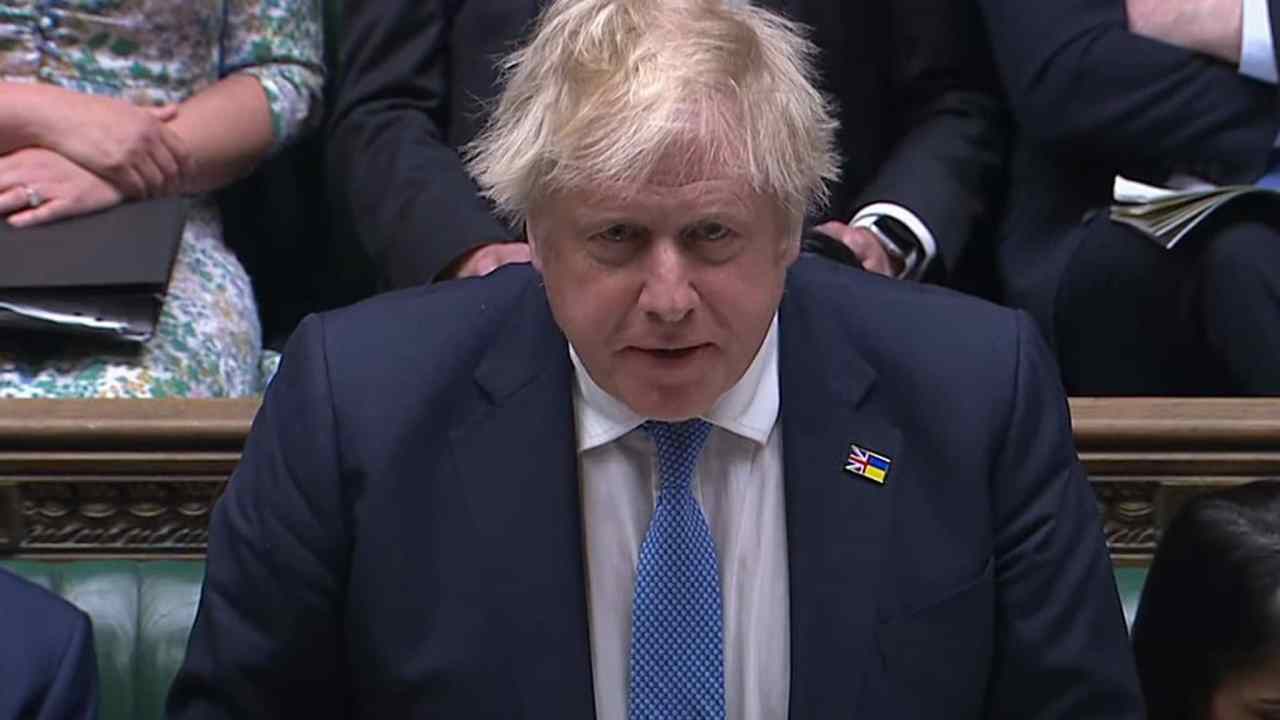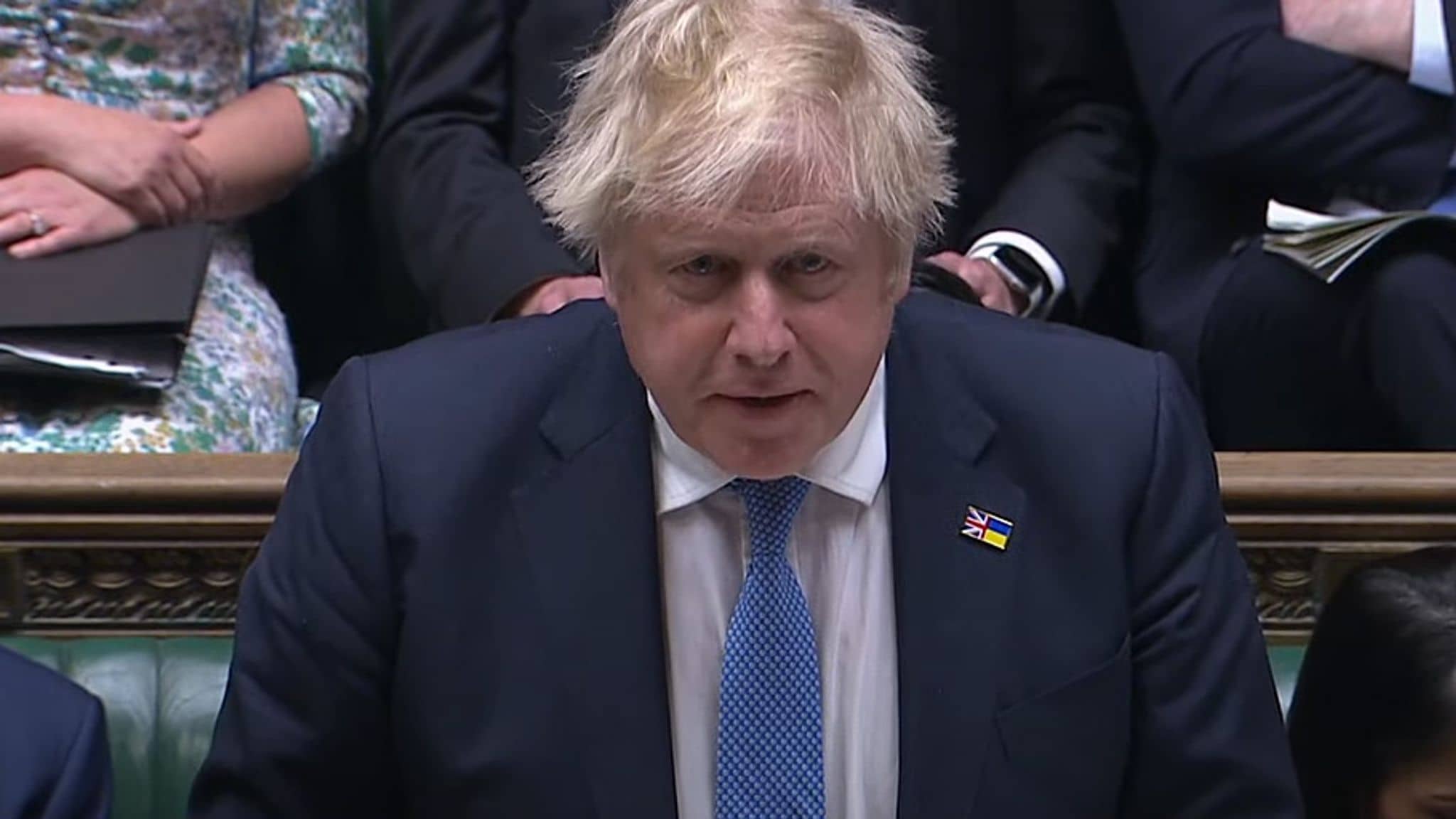Boris Johnson bundled his Commons apology for breaking Covid laws together with an update on Ukraine because he wanted to try to draw a line under the matter. He spent a couple of minutes reiterating his apology that he’d already given in response to his fixed penalty notice, before performing a handbrake turn and saying:
And it is precisely because I know that so many people are angry and disappointed, that I feel an even greater sense of obligation to deliver on the priorities of the British people, and to respond in the best traditions of our country to Putin’s barbaric onslaught against Ukraine.
Johnson ended up complaining that Starmer had focused on ‘personal attacks’
Sir Keir Starmer barely touched on Ukraine in his response, dismissing it as though it was merely being used in this instance to distract from the Prime Minister’s personal situation. This meant Johnson ended up complaining that Starmer had focused on ‘personal attacks’, as though saying sorry meant that no one could be mean to him. It also meant that the statement did neither topic justice, which is presumably what the Prime Minister was aiming for, even though that comes at the expense of Ukraine, on which there were important matters to debate.
By the end of the statement, though, one Conservative MP had announced they would be sending their no-confidence letter to the chairman of 1922 Committee Sir Graham Brady. It is perhaps not surprising that this MP was Mark Harper, who has long been a critic of the PM’s Covid rules. Today, Harper told the chamber that Johnson was expecting his MPs to defend the indefensible and that he no longer thought he should hold the office.
There were plenty of Tory MPs who were happy to offer defences of Johnson, though. Some were more helpful than others. Others mocked themselves without realising: both Sir Geoffrey Clifton-Brown and Natalie Elphicke praised Johnson for his ‘fulsome’ apology, clearly without understanding that this word means that something has been offered to such an exaggerated extent that it appears insincere. Others still offered what was at best a partial defence: that this mistake must not get in the way of the government’s work to help Ukraine. This is not a sign of a statement that has changed anyone’s mind on supporting the Prime Minister.








Comments